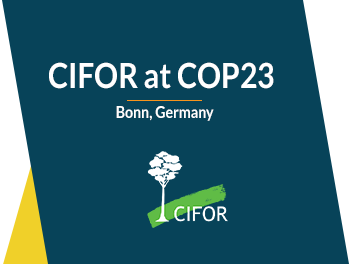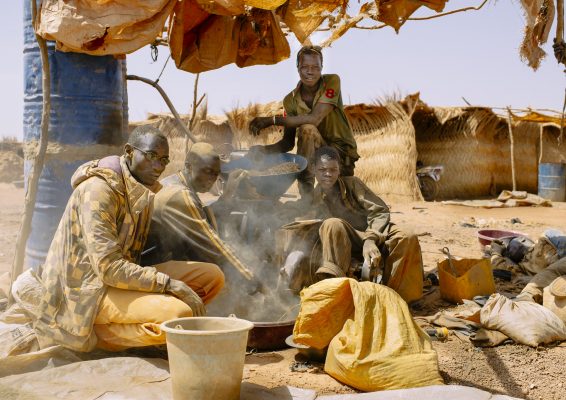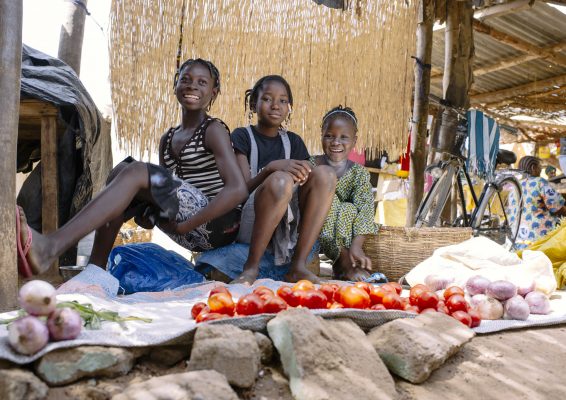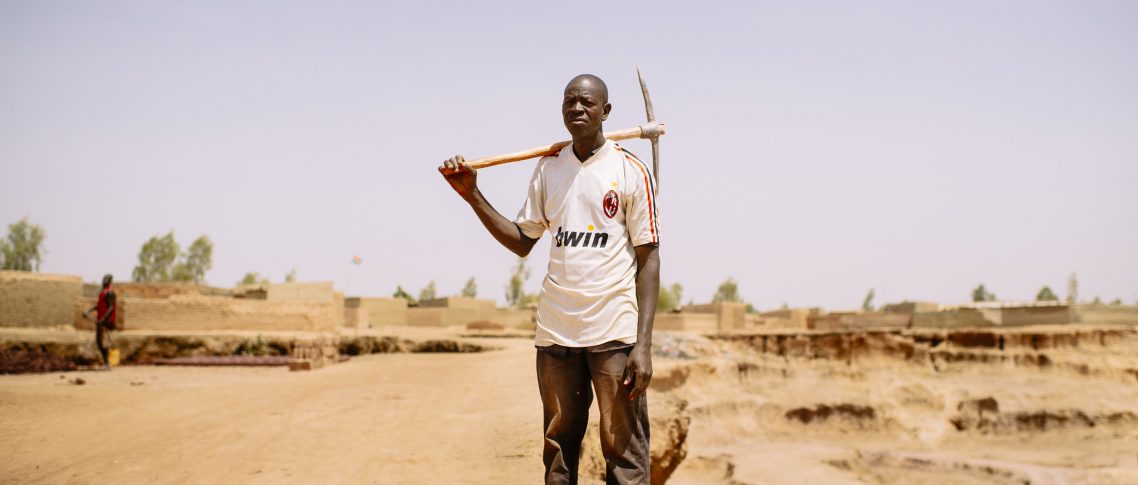ETHNIC GROUPS AND INDUSTRIES
Money management patterns were also found to differ between groups according to ethnicity, sector of work, or the ability of the group to reach a consensus.
For example, woodcutters use their communal funds partially as investments for future income – such as buying a grain mill, or the tools and animals to begin poultry farming – or to take care of various other issues, such as repairing infrastructure or improving schools. The money is stored in a chest kept by one woman and its key by another.
Cotton producers, meanwhile, use their group funds to make trips to other villages or save for emergency situations.
In the mining areas of Dangouna and Bana, the situation was different again, due to conflicts with a mining company, and the local government exacerbating the problem rather than mediating appropriately.
“Through interviews, we found that the people living in Dangouna suspected that their local authorities were corrupt, while the mining company perceived a lack of willingness among local people to reconcile,” says Kambiré.
This has resulted in the local population being relocated into housing that is inadequate and doesn’t reflect their habits and customs, monopolization of cropland and lack of sufficient compensation, nuisances such as air and noise pollution from the close proximity of the mine, and damage done to the community’s social fabric.
“The two parties consulted one another before the mining company first came in, but the issues they negotiated were never resolved.”
District 30 of Ouagadougou. Seydou Ilboudo, a 45-year-old bricklayer, says “It becomes harder and harder to work, because the number of masons is increasing day by day.”
CIFOR Photo/Ollivier Girard
ENSURING A FAIR SHARE
The study concludes by identifying a number of risks that benefit-sharing mechanisms must seek to avoid. Within local communities, caution must be taken to ensure that favoritism and exclusion doesn’t come into play when funds are being dispersed and that there’s proper management of group funds and fair decision-making processes.
As seen within mining communities, things get a bit more complicated when government and external players come on the scene and financial management is taken out of the hands of local residents. This raises issues of corruption and transparency of authorities, monopolization of group resources, insufficient compensation, social disruption, and disproportionate wages paid to administration and authorities at the expense of everyone else.
“These scenarios must be vigilantly taken into account, as they could impede the efficient and equitable implementation of REDD+ and its benefit-sharing components,” says Kambiré.
He notes that more risks and challenges are likely to arise and need to be taken into account. For now, the study helps to set a baseline, its findings providing a solid sketch for the full picture of local financial management in Burkina Faso.



